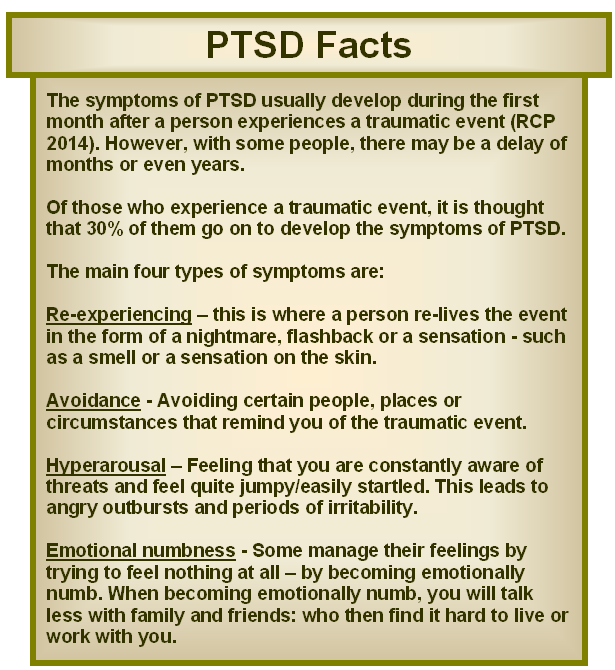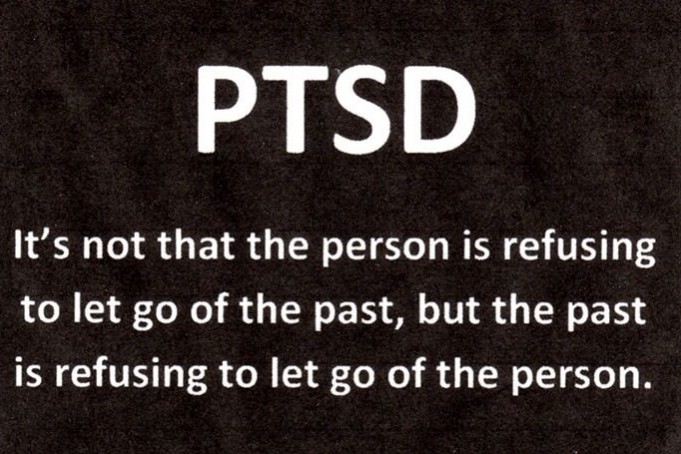Post Traumatic Stress Disorder (PTSD) is a complex subject, especially since trauma and stress are personal experiences. PTSD is closely linked to coping mechanisms and our ability to process, contain and release negative feelings and emotions in a positive manner. Many people who have experienced trauma in their formative years have not learnt to adapt to challenging life circumstances. When faced with trauma as an adult, they find it difficult to cope. Many turn to self-medication which can result in depression, anxiety and addiction. Trauma treatment looks at the underlying cause of why a person has chosen to have a relationship with a substance instead of reconnecting with society, friends and family.
Here are four ways in which Post Traumatic Stress Disorder can manifest:
- The anxiety that can result in violent outbursts
This can be caused by a dysfunctional family environment where either one or both parents were absent and did not offer positive validation.
- Role reversal and lack of appropriate boundaries
Children of alcoholic parents or parents who abuse substances often take on the role of a parent. This role reversal can lead to emotional problems and feelings of abandonment. Children of alcoholics and addicts are also at greater risk of adopting these behaviours in their adult life.
- Re-enacting past trauma
If a child is raised by an overbearing parent who was belittling and constantly making comparisons, they may feel that the only way they will receive any validation is through excelling at everything. This can result in perfectionism and workaholism. They may even attract partners that are as overbearing as their parents, which only perpetuates the cycle.
- Repressed anger and anti-social behaviour
A child who has experienced violence either directly or has been a witness to domestic violence learns fear and mistrust of other people at a young age. This makes them wary of others, overly critical, judgemental and quick to push boundaries. Repressed anger builds up and on a sub-conscious level, children demand justice. Re-enactment of anger in adult life is a symptom of the helplessness the child felt when they were young.
Trauma treatment looks at the underlying cause of why a person has chosen to have a relationship with a substance instead of reconnecting with society, friends and family. In some cases, treatment is delayed due to the stigma surrounding mental illness or the idea that one has to hit rock bottom before seeking help. Entering a therapeutic process with a trained mental health professional can open up a pathway to recovery and allow PTSD sufferers to manage their symptoms effectively.

Drivers of behaviours and emotions in later life are very often rooted in past underlying pain or trauma experienced either physically or emotionally. To get help today contact the rehab Johannesburg for more information on trauma-based talk therapy.
Begin Your Recovery Today ![]() Click Here
Click Here







